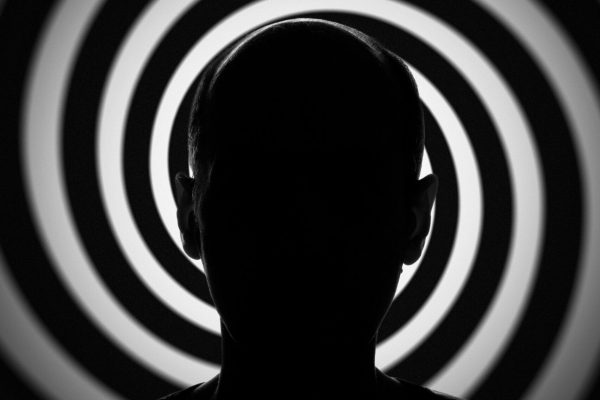It is common to think that some politicians and their constituents would benefit, morally speaking, from a few months of living in poverty or living as black people in America. I have many times wished every man had to spend a day as a woman. The thought is that many people would change their feelings and behavior toward poor people, African Americans, or women, if only they learned in more detail what it is like to live in their circumstances.
That is a reasonable thought, as we have all had such changes of heart. Perhaps you once thought that there cannot be a divorce for which no one is to blame, and you judged divorced people accordingly. Then you found yourself getting a divorce and realized how limited your ability to imagine other peoples’ lives had been all along. Perhaps you realized something even more embarrassing: that a divorced friend had been telling you her story for years and you disbelieved her. You dismissed what an honest person told you from her personal experience because your puny imagination told you it couldn’t be right. In other words, you lacked empathy.
There are several things called empathy, and Paul Bloom shows some of them are overrated. One overrated thing is the tendency to replicate in yourself the suffering of the other. An anxious patient wants a calm doctor, not a doctor infected with his anxiety. Those of us who can’t watch violent movies without feeling the characters’ pain are probably no better at compassion and at doing the right thing than those who can watch Tarantino with equanimity.
But, Bloom’s research notwithstanding, some things often called empathy are truly invaluable. I am talking about the ability to imagine another person’s life and the ability to accept evidence of another person’s suffering even when one’s imagination fails. While having these abilities cannot in itself make a person good, even the best of us will do bad things if we do not have at least one of them.
People who suffered from severe depression often tell me they wish their families had shown greater empathy. They do not wish that their families had become depressed as well. They talk about the husband, wife, father, or mother who angrily told them, “Just snap out of it”—even after they attempted suicide. Sometimes, though not always, a doctor’s diagnosis of major depression broke the spell, and the relative, filled with remorse, said something like, “Honey, I had no idea you were in so much pain.”
Why did he have no idea? Did he think that the patient preferred to cry all day, forgo favorite foods, have trouble at work, or, as can happen when one takes too many pills, have her stomach pumped? The patient, we can realistically assume, had no reputation for being a liar, and she did tell her relative that she was suffering greatly and trying in vain “snap out” of that suffering. Unfortunately, we often refuse to believe that something can happen when we have trouble imagining it, and since the normal relatives also had never experienced the kinds of despair involved in depression, they failed to see them in another. Of course there are some people who are lucky enough, when they are depressed, to have relatives or friends who are better at listening to them and putting themselves in their shoes.
If lack of empathy in the sense I am talking about can make the mentally healthy act unfairly and harmfully toward the depressed, surely it can make those of us who live comfortably act unfairly and harmfully toward the steel worker who lost his job. If President Obama maintains that we need to empathize with the worker in question, or with the less fortunate in general, I am all for it. Bloom might be right that somewhat detached compassion is the best emotion with which to help alleviate suffering, but if we do not empathize with people, their suffering can be invisible to us, and this is the cause of many of our sins.








